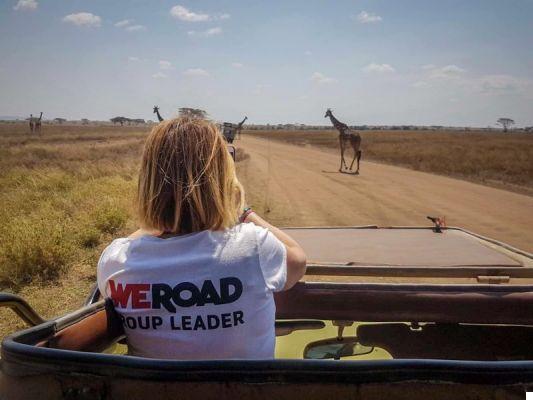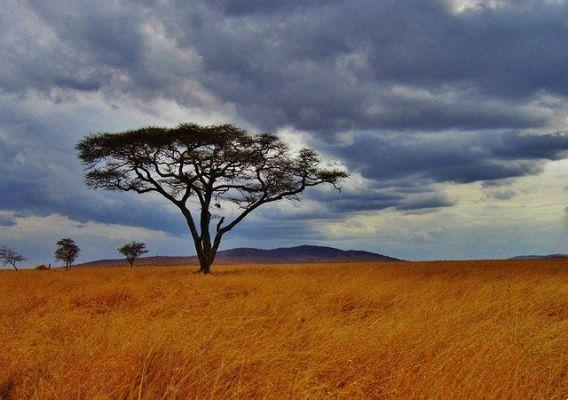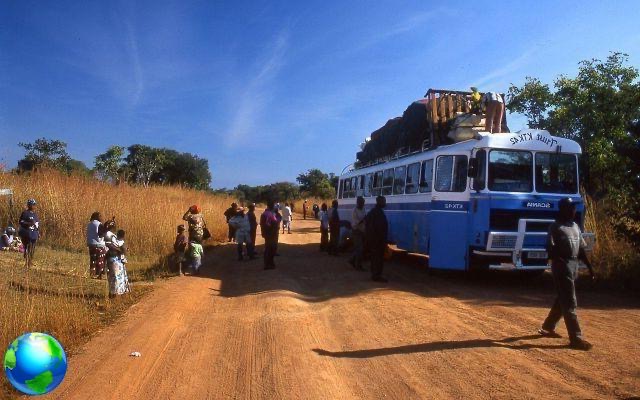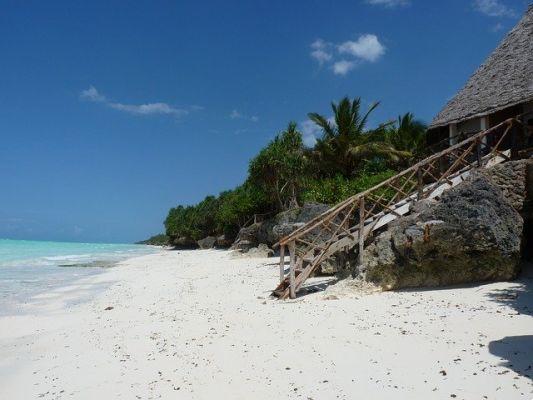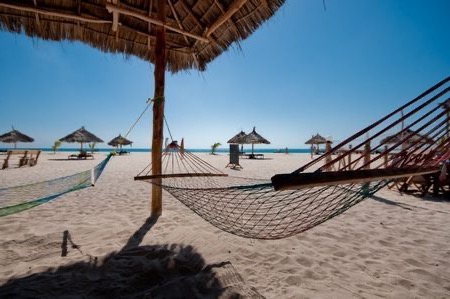Are you about to leave for a trip between Tanzania and Zanzibar? Here are the recommended vaccines, the ones you can't do and all the recommendations and advice for a happy and above all safe holiday.
La Tanzania, like many states of theAfrica and in general many non-Europeans, it has poor sanitation situations, compared to our standards, both for geographical, cultural and economic aspects. For this reason it is necessary to ask the question of which vaccinations and prophylaxis are more appropriate to consider.

Malaria
The main risk in Tanzania is malaria. In a very short time, it is a disease that is transmitted through a vector, the Anopheles mosquito, with its sting on human skin. There is no vaccine, so if you are infected, the only cure is to reduce the effects of the disease, which by now has already spread in the blood and which at this point could already be creating serious problems for our health.
So what to do in order not to throw yourself into a sort of Russian roulette, with fingers crossed and all kinds of spells? The advice is essentially 2: avoid being infected (using opaque and repellent clothes - recommended by anyone the Biokill, which can be purchased online or at the pharmacy, which can be sprayed on clothes and suitcases and takes effect for 15 days) and prepare the body to fend off the disease (through the antimalarial prophylaxis).
Antimalarial prophylaxis. Yes or no?
I state: I am not a doctor, nor a guru, nor a handyman. I speak from my absolutely personal experience.
Antimalarial prophylaxis is basically a cure through drugs to be taken regularly, which prevents the agents, the plasmodia, from giving rise to the disease, or at least contrasts them to reduce their effects. The main medicines used for this prophylaxis are Lariam (now used much less, for more invasive side effects) and the Malarone (which, however, requires daily recruitment and cannot be borrowed in Italy). There are millions of pages that explain everything and more, so I do not add myself to the group, also because it is not my responsibility.

La question what interested me, at a certain point, when I had to leave and then decide what to do, was whether a prophylaxis was really necessary: on the one hand I wanted to feel comfortable not to ruin my trip by getting sick (it was the honeymoon!), from 'other arose all the complications of side effects, costs (on health you can not beg, but not even throwing money unnecessarily) and the insecurity concerning the compatibility of those medicines with other pathologies (I'm fabic, G6PD deficiency, and it seems that the Malarone is among the medicines to avoid).
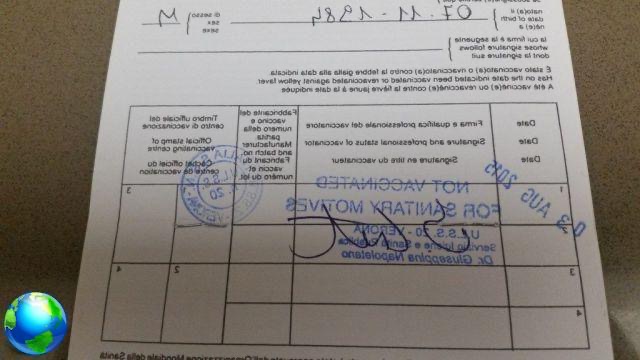
So I went to the international travelers center of my ASL, a visit that I highly recommend to everyone before going to exotic destinations. Let's cut the head off, I said to myself, because the opinions of sites, blogs, friends, various doctors, had not yet made me arrive at a convinced choice. Most of the time it is said: “well, do it, you won't want to risk it”; sure, ok, but it's not the choice whether to wear a green shirt rather than a red one, mind you. At the ASL they are able to evaluate, even for more experience in the field, what is best to do, based on the areas visited, the period, the activity that takes place, the health conditions and any medicines that are already taken for others reasons.
To us, for the visit of the parks in the north and of Zanzibar in the dry season (we went in early October), they said that it would not be necessary. With all the necessary recommendations, but we could have saved ourselves from stuffing ourselves with pills. They have been very reassuring, from the height of their expertise and experience. And we didn't get malaria, great.
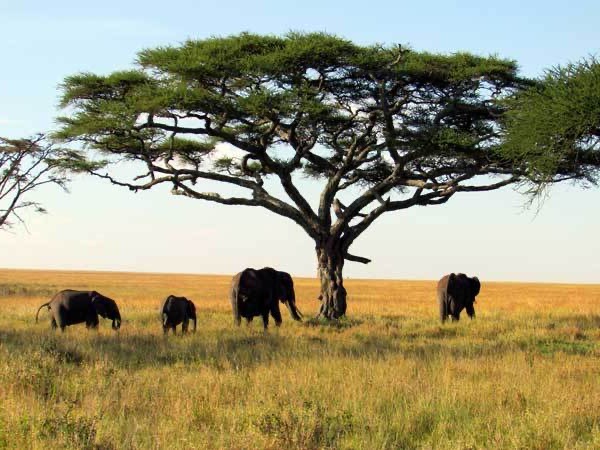
Yellow fever
Yellow fever is the other issue a little bit about confusion, also because the rules on vaccination are not quite so clear, or not well understood.
Basically, Tanzania does not require vaccination for yellow fever, unless you arrive by land from another country at risk (all neighboring countries, including Kenya), or have stayed there for a certain number of hours (usually stopovers that do not require exit from airport do not create problems).
However, at the airport of arrival, in the general confusion, you may be asked by someone (regularly or not, we are in Africa ...) if you are up to date with the vaccination and to present the booklet. If, rightly, you do not have the vaccination, you may be strongly advised to vaccinate there, on the spot. I don't think it's a good idea.
On the advice and initiative of the aforementioned international vaccination / travelers center of the ASL, we obtained from them the international vaccination booklet (yellow), with the wording in English that is not necessary and must not be done.
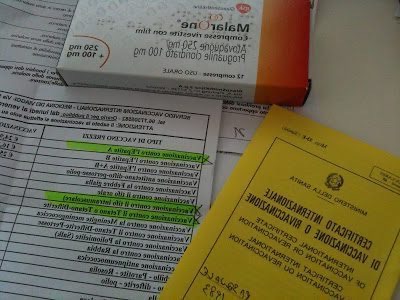
Other vaccinations
The vaccinations that I did instead, and that instead we would risk forgetting, were that trivalent polio-tetanus-diphtheria (mostly for the call of the tetanus drug, on which I was late, as you probably are reading too) and the one for thehepatitis B.
The latter is perhaps the most important (and the least considered). It protects you from many complications that could derive from poor hygienic conditions, from water not treated correctly, from foods (especially seafood - not to be missed once on site) not stored or cooked in a suitable way.
These vaccines are absolutely safe, but most of all they can save your life, or at least your vacation. So it is always the case to turn to experienced and competent people, to leave calmly and return safe and sound.




